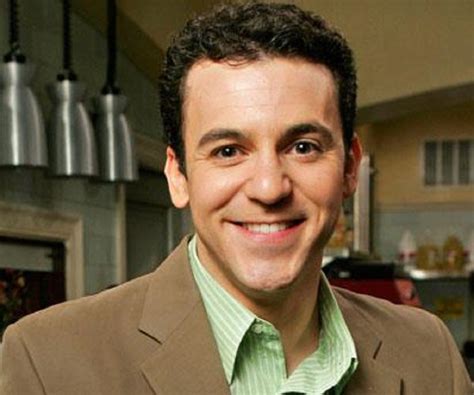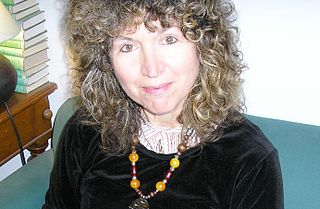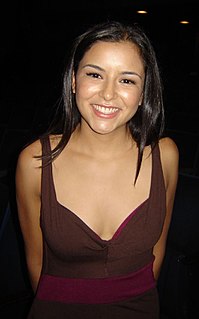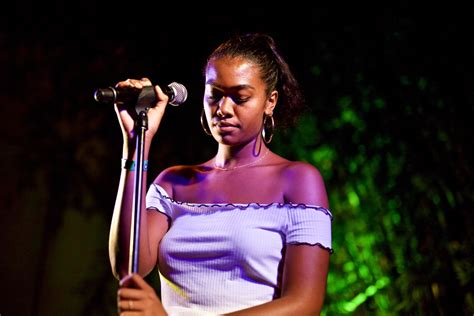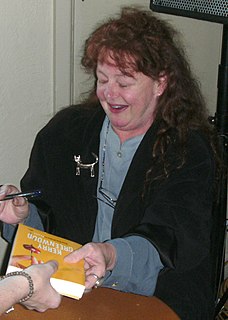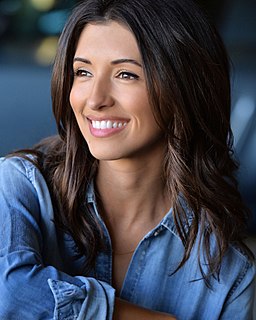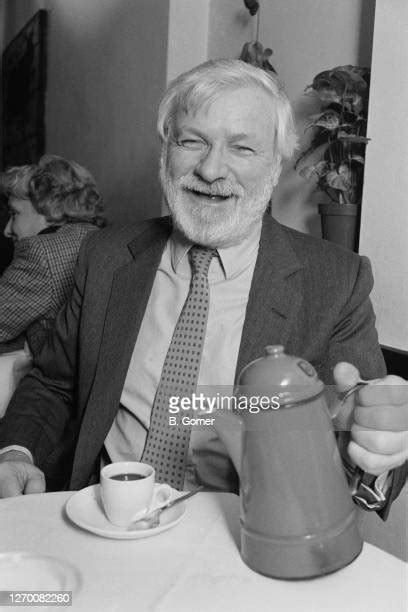A Quote by Fred Savage
I am an English major in school with an emphasis in creative writing. I think hearing Maya Angelou speak at school last year was one of the best moments Stanford, at least, intellectually, had to offer.
Related Quotes
At 16, when I was at Henry M. Gunn High School, I had a crush on the English teacher, and my grades improved dramatically. This great school had only 400 students, mostly children of Stanford professors, and it was more usual to have classes under one of the oak trees dotted around the campus than in the classroom.
You did the best you could, the best you knew how at the time." It was something like that. From Oprah on an Oprah show. Then I believe my quote above was from Maya Angelou on the Oprah show, not Oprah herself. I had heard it before but it was on Oprah's show again 1-7-09 and she said Maya had said it.
I changed my major to English literature, which was on the advice of my father. I finally said, "You know, Dad, to heck with it: I'm just going to be an actor. But I'm going to go to school." And he said, "Well, if you're going to go to school, then major in English literature. Those are the tools you are going to be working with as a man who's going to be acting in English, one would assume."
By junior high, I was a horrible student. But during my sophomore year of high school, I did have a fabulous English teacher, and I would go to school just for her class and then skip out afterwards. That's actually when I started writing, although I didn't think of it then as something I might someday do.
I'd studied English literature and American history, but the English literature, which I thought was going to be helpful to me in an immediate way, was the opposite. So I had to un-think a lot of things and move out of my own head, and I learned a lot. It was like graduate school, but an un-graduate school or an un-school.
We had probably our best ever Player of the Year Dance last week. You elected Dennis Wise as Player of the Year. Dennis accepted his award mimicking Vialli, whereupon Zola shouted 'Speak English', Dennis switched to his normal Cockney voice only for Zola to shout 'You're still not speaking English'.
I think the big challenge that we've got on education is making sure that from kindergarten or prekindergarten through your 14th or 15th year of school, or 16th year of school, or 20th year of school, that you are actually learning the kinds of skills that make you competitive and productive in a modern, technological economy.
